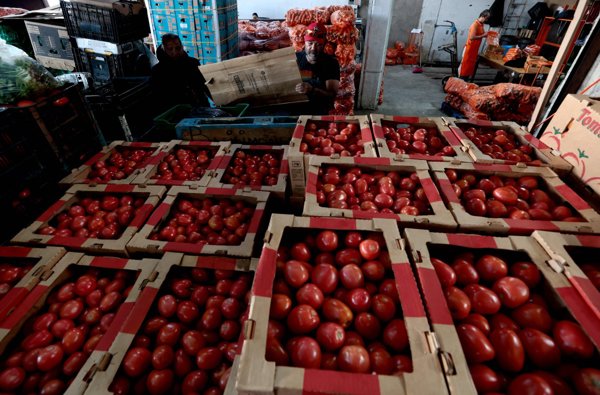
US Sets Tomato Tariffs on Mexico
The United States will officially withdraw from a longstanding trade agreement with Mexico that governs fresh tomato imports, the US Commerce Department announced. The withdrawal will take effect on July 14, after which most Mexican tomatoes entering the United States will be subject to a 20.91% antidumping duty.
According to the Commerce Department, the move is intended to ensure fair competition for domestic tomato growers. “This action will allow US tomato growers to compete fairly in the marketplace,” the department stated in its official release. The decision marks a significant policy shift affecting agricultural trade between the two neighboring nations.
While most of Mexico’s trade with the United States remains tariff-free under the US-Mexico-Canada Agreement (USMCA), certain product categories still face duties when found non-compliant with the trade pact. The current administration has maintained some tariffs on Mexico, pointing to broader issues such as the illegal importation of fentanyl and immigration-related concerns.
Mexico has already been facing other trade penalties, including a 25% tariff on certain foreign cars. The additional duty on tomatoes is expected to impact both exporters in Mexico and produce prices within the United States, depending on supply chain adjustments and market responses.
The antidumping duty is one of the highest seen in recent years on Mexican produce, signaling a firmer stance from the Trump administration on trade enforcement, especially when national economic interests are deemed at risk. The administration continues to frame these actions as part of a broader agenda to protect American jobs and industries.
It remains to be seen whether Mexico will seek revisions or negotiate a new agreement, but for now, US growers may benefit from the increased price competitiveness this duty could offer them in the domestic market.






